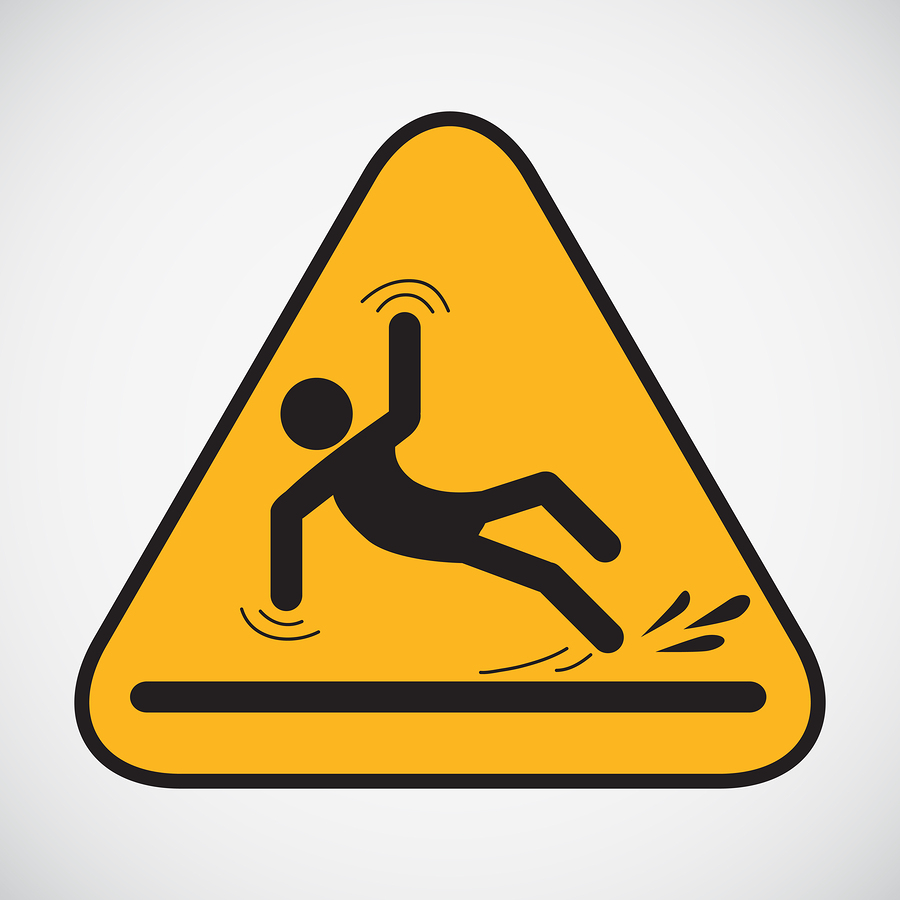 Slipping in the bathroom is covered under the zone of special danger. So says the Benefits Review Board in a new, published Defense Base Act decision, Ritzheimer v. Triple Canopy, Inc.
Slipping in the bathroom is covered under the zone of special danger. So says the Benefits Review Board in a new, published Defense Base Act decision, Ritzheimer v. Triple Canopy, Inc.
Claimant worked as a force protection officer in Israel. Although he could not provide his exact work locations and duties, Claimant testified that he lived in an apartment in Be’er Sheva as a condition of his employment. The Employer selected, paid for, and furnished the apartment. Those furnishings, however, did not include a bath mat. Bathing and good personal hygiene were part of his job because his overseas employer, as well as the U.S. Government, required professionalism, including good grooming.
On March 3, 2012, Claimant was injured while exiting his shower. He slipped on the wet bathroom floor and struck his right side on the edge of the tub. Claimant sustained significant injuries: four broken ribs and a punctured lung. Later, after returning the United States, Claimant underwent an external fixation surgery, conservative treatment (which included pain medicines), and he took medication for depression. Claimant’s doctors related the depression to the pain and physical limitations caused by the slip-and-fall.
Initially, Employer/Carrier initially covered the claim, paying benefits for over 16 months. But then something happened. Employer/Carrier contested the compensability of the claim. Both the administrative law judge and the Benefits Review Board rejected Employer/Carrier’s zone of special danger arguments, which went something like this:
On appeal, employer challenges the administrative law judge’s finding that the zone of special danger doctrine is applicable to this case. Employer asserts that the activity that caused claimant’s injuries was personal in nature and was not rooted in any actual obligations and conditions of his employment; therefore, employer contends the doctrine does not apply and claimant’s injuries are not compensable under the DBA.
In other words, Employer/Carrier argued that Claimant had to bathe, and bathing was not an obligation or condition of employment.
The Board easily shot down Employer/Carrier’s argument that there was nothing unique or different about Claimant’s bathroom. Quite simply, the distinction drawn by Employer/Carrier didn’t matter. In a recent case, Battelle Memorial Institute v. DiCecca, the First Circuit Court of Appeals reasoned:
Although the requisite “special danger” covers risks peculiar to the foreign location or risks of greater magnitude than those encountered domestically, the zone also includes risks that might occur anywhere but in fact occur where the employee is injured. “Special” is best understood as “particular” but not necessarily “enhanced.”
The Board went one step further and explained some conditions of employment that contributed to the zone of special danger:
[T]hat claimant was continuously on call, that he was required to live inn the furnished apartment provided by employer, that he worked in a hot, sandy environment wearing 100 pounds of gear, that he showered after work because he was sweaty and dirty, and that the terms of his employment contract required that he maintain good hygiene and a professional appearance.
Finally, if you want a good collection of case citations and parentheticals for past zone of special danger cases, check out footnotes 6 and 7.
Ritzheimer v Triple Canopy, Inc., BRB No. 15-0233, 2016 WL 807740 (2016).
